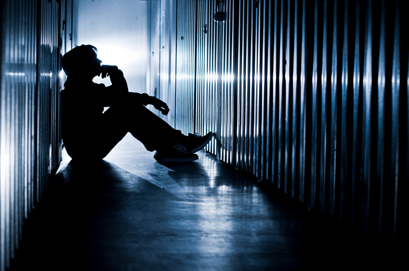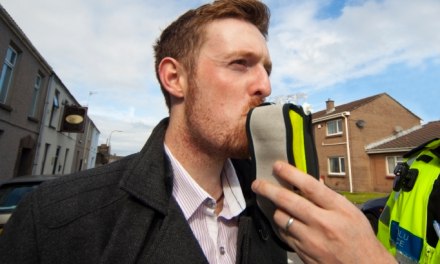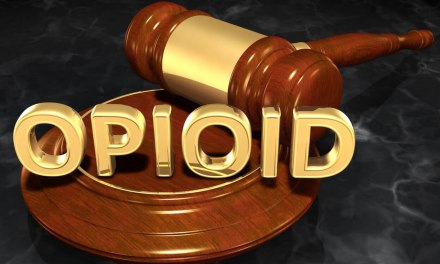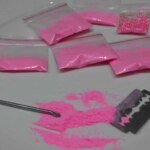There might actually be some positive movement towards an end to the “war on drugs” in the Philippines. The official death toll is approaching 4000, with independent observers suggesting the actual count is significantly above that. It’s the sort of political catastrophe that often brings down a government, but to date, Philippines President Duterte has remained defiant.
A change in approach is long overdue.
The tipping point occurred in September, when 32 persons met their deaths in a single incident. Some were clearly innocents caught up in runaway violence involving the police. That drew widespread condemnation, both inside and outside the country.
A short while ago, President Duterte announced the reassignment of his massive national police force to other duties. Drug enforcement would now be left to a single designated agency. Everyone assumes (hopes?) that this significant reduction in force will result in a dramatic decrease in the body count.
I sure hope they’re right. When a government uses its police in this manner, it transforms them into an army of occupation– existing not to serve and protect, but to maintain an oppressive authority. That may work in a dictatorship, but not in a democracy.
It’s clear this change was not Duterte’s first choice. He continues to slang the ‘bleeding hearts’ who opposed him. And he’s still threatening people with violent death, sometimes by his own hand.
There have been reports that his popularity remains strong among the voters. But I was reminded that polls can be manipulated, and strongman types like to do just that.
I suspect that someday this President may face charges in his own country. You can’t characterize dead children as collateral damage and not expect it to come back on you later.
If active drug addiction is itself a kind of insanity– as many have characterized it, especially those who found their way into recovery– then this nation’s war on drugs represents another sort of madness that in its own way is as destructive as addiction itself.












